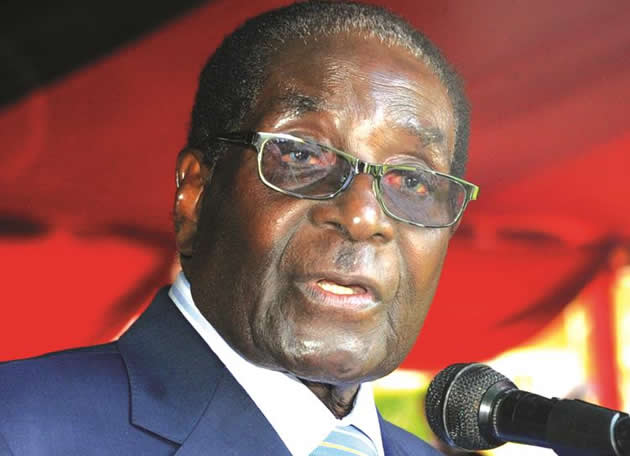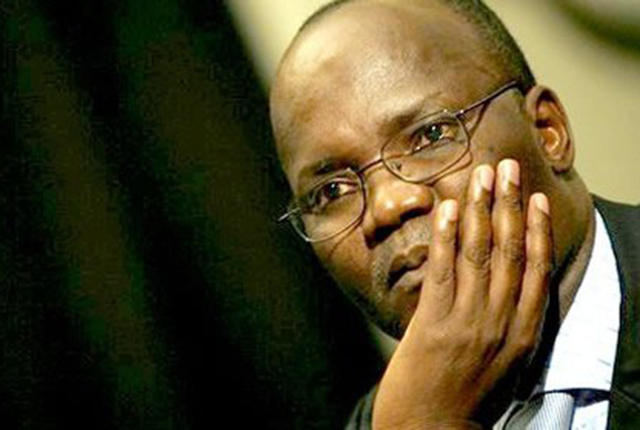(UPDATED) President interim Comesa vice chair

Morris Mkwate in Antananarivo, Madagascar
President Mugabe has built an enduring legacy through his continent-wide push for industrialisation as the rest of Africa is now fast-catching onto that vision, Foreign Affairs Minister Simbarashe Mumbengegwi has said.To demonstrate the cross-cutting appeal of his vision, the President was yesterday appointed interim Vice Chair of the Comesa Bureau to help steer the bloc’s two-day Heads of State and Government Summit, which ends here today.
Themed “Inclusive and Sustainable Industrialisation”, the summit targets rapid integration via favourable trade, value-addition and beneficiation — all elements feeding off the course set during President Mugabe’s Chairmanship of Sadc (August 2014 to August 2015), and the African Union (January 2015-January 2016).
Speaking to Zimbabwean journalists here yesterday, Minister Mumbengegwi said Africa was in good stead to industrialise, thanks to the President’s unrelenting and far-sighted advocacy.
“This is one of the legacies that His Excellency, President Mugabe, is bequeathing to the entire continent. You refer to how he masterminded the Sadc Industrialisation Strategy and Roadmap as well as the African Union Agenda 2063.
“It was during his chairmanship of both Sadc and the African Union that these historic decisions were adopted, and now Comesa is following with its theme of industrialisation which our President has been championing for quite some time.
“It is now quite clear the entire continent has come to appreciate President Mugabe’s wisdom in pushing for industrialisation at a time that other leaders did not think it was that important.
“(Industrialisation) is virtually the war-cry of the entire continent. Industrialisation, value-addition and beneficiation are the key elements that will get Africa out of the economic difficulties that most of our countries are experiencing.”
Regarding President Mugabe’s elevation to the Comesa Bureau, Minister Mumbengegwi said, “The Bureau of Comesa was elected (yesterday morning), consisting of Madagascar as Chair, Burundi as Vice Chair and Ethiopia as Rapporteur.
“Unfortunately, the President of Burundi did not attend the Summit.Under the rules of procedure, only Heads of State and Government can be members of the Bureau.“So, consultations were undertaken as to who would be most qualified and most suitable to hold the position in an interim capacity; that is for this Summit only.
“It was decided that President Mugabe should be the one to serve as Vice Chair of this Summit, which, of course, is an honour for us in Zimbabwe; for our President to serve in that capacity.”
The Summit opened yesterday with leaders outlining the role of industrialisation in increasing intra-regional trade.It is thus considering progress in the Comesa, Tripartite and continental free trade areas, and the Comesa Medium Term Strategic Plan.
According to the latest Comesa Macro-Economic Report, the bloc is the fastest-growing globally, though its overall growth declined to 6 percent in 2015 from 6, 5 percent in 2014.Intra-Comesa exports also dropped to $7, 6 billion in 2015 from $9, 2 billion in 2014.
In his keynote address yesterday, Comesa Chair President Hery Rajionarimampianina of Madagascar undertook to steer key industrialisation-linked initiatives, among them manufacturing stimuli.
He also spoke of the correlation between regional integration and improved economic performance.Kenya’s Deputy President William Ruto added, “Africa has a trade deficit of $100 billion. We should trade and export as much as we import from the rest of the world.
“With integration, there are no losers. It is a game of winners. We must eliminate bottlenecks and replace them with bridges to investment and business.“. . .We must continuously reform our processes so that we eliminate matters that undermine manufacturing; industrialisation.”












Comments